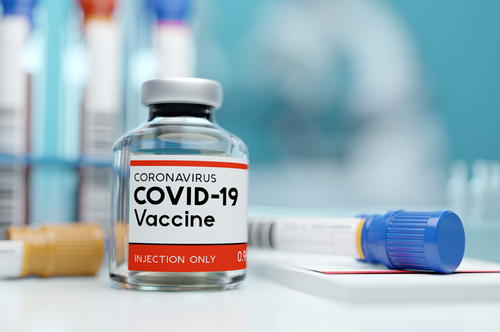
Following a University of Alabama preclinical study of the Altimmune Inc. investigational COVID-19 vaccine candidate AdCOVID, the company has submitted an application with the U.S. Food and Drug Administration (FDA) to begin Phase 1 clinical testing this month.
“We’ve made exceptional progress advancing AdCOVID and are on track to begin a Phase 1 clinical study this year, with a data readout anticipated in the first quarter of 2021,” Altimmune President and CEO Vipin Garg said. “AdCOVID has the potential to provide many benefits not offered by current vaccines, including simple intranasal administration, the ability to be transported at room temperature and conveniently stored in refrigerators for years, and the stimulation of nasal mucosal immunity with the potential to provide sterilizing immunity and block transmission of the SARS-CoV-2 virus.”
AdCOVID is a single-dose intranasal vaccine. During its preclinical study, UAB researchers determined that AdCOVID generated broad immune responses that included both neutralizing antibodies and local immunity in the nasal cavity and respiratory tract. Altimmune has eyed intranasal vaccination due to nasal mucosa’s role as a first-line barrier to SARS-CoV-2 — the virus that causes COVID-19.
“It’s not widely known or appreciated that nasal mucosal immunity may be essential in preventing the spread of the SARS-CoV-2 virus to other individuals by stopping replication and transmission of the virus at the site of infection — the nose and respiratory tract,” Dr. Fran Lund, leader of the UAB preclinical work, said. “Several recent studies have shown that, in the absence of mucosal immunity, the nasal cavity may become a reservoir for the coronavirus, particularly in children, potentially allowing for disease transmission even after an intramuscular vaccination.”
Intramuscular-formulated vaccine candidates provide immunity throughout the system but fail to provide mucosal immunity. If transmission could be blocked among children through the stoppering of such a reservoir, Lund theorizes that this would allow more normality to resume at home and in the workplace.
If approved, clinical testing could be evaluated in adults and children as young as two years old.




